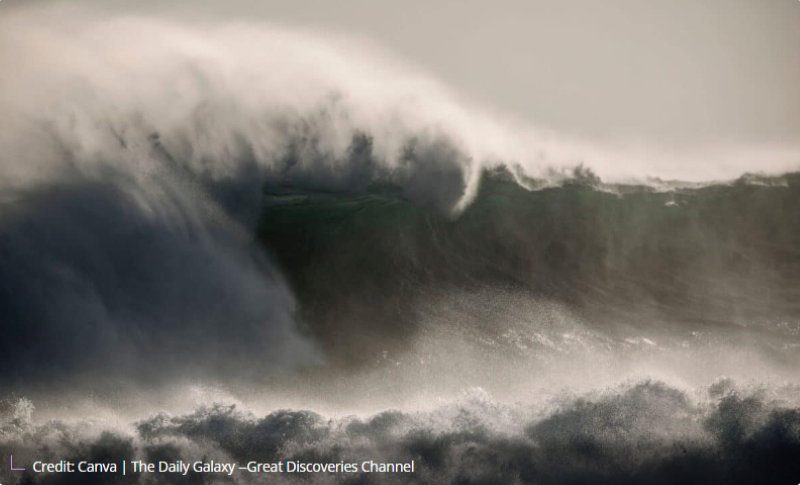Greenland: Siltanews – News Desk
even if the world meets its most optimistic climate goals, rising sea levels will likely intensify throughout the 21st century and beyond, reshaping coastlines and threatening hundreds of millions of lives A new study published in Communications Earth & Environment warns that keeping global warming below 1.5°C, the aspirational target of the 2015 Paris Agreement, will not prevent significant and accelerating ocean encroachment.
Drawing on satellite data, pale-climatic comparisons, and updated projections, the research paints a stark picture: even modest warming levels will trigger feedback loops in the planet’s ice sheets, propelling sea level rise beyond manageable limits.
Oceans Rising Twice as Fast, With No Signs of Slowing Down
Over the past three decades, the pace of sea level rise has doubled—and it’s expected to double again by the year 2100. If current warming trends persist, oceans could be rising by one centimeter per year within just a few generations. “
Limiting global warming to 1.5°C would be a major achievement” and avoid many dire climate impacts, said Chris Stokes, lead author of the study and a professor at Durham University in the UK. Yet, he warned, “But even if this target is met, sea level rise is likely to accelerate to rates that are very difficult to adapt to.”
With over 230 million people living within a single meter of today’s sea level, and more than a billion within ten meters, even a relatively small increase could lead to catastrophic urban flooding, mass migration, and trillions in economic damages by mid-century.
Ice Sheets at the Edge: Greenland and Antarctica Nearing Tipping Points
One of the most alarming findings of the study concerns the sensitivity of polar ice sheets to even modest warming. According to satellite observations, the Greenland and West Antarctic ice sheets—which together hold enough frozen water to raise sea levels by 65 meters—are melting or calving at a combined rate of 400 billion tunes per year.
These changes are not linear. “We are probably heading for the higher numbers within that range, possibly higher,” said Stokes. He also noted a major shift in scientific understanding: “We used to think that Greenland wouldn’t do anything until the world warmed 3°C,” he said. “
Now the consensus for tipping points for Greenland and West Antarctica is about 1.5°C.” This dramatically lowers the threshold at which irreversible ice sheet collapse could begin, locking in centuries of ocean rise even if emissions were curtailed immediately.

